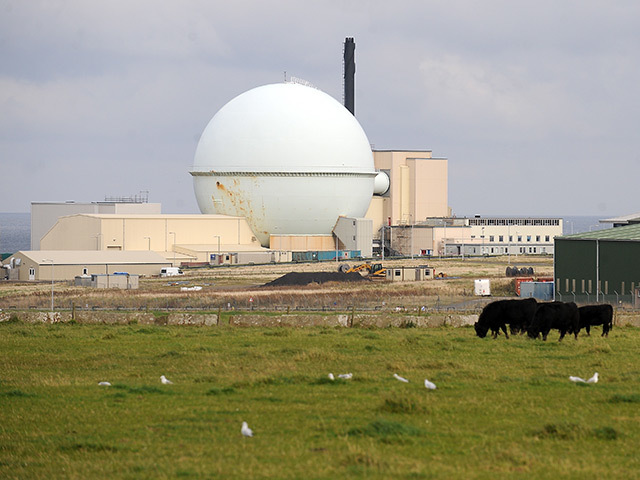
The “highest single remaining hazard” at a Scottish nuclear site is being removed.
Work has begun on dealing with a highly radioactive liquid that has been stored in tanks at the Dounreay nuclear site, near Thurso, for about 20 years.
The raffinate was produced as a by-product from the operation of the site’s Prototype Fast Reactor (PFR).
The work that has started involves turning the liquid into a solid by mixing it with materials including cement, ash and lime.
Before solidifying, the waste will be poured into drums.
Dounreay said the process would create “a solid, passively safe waste package” for long-term storage.
Project manager Stuart Andrew said: “One reason this material is so hazardous is because it is in a mobile, liquid form. Now we are taking an exact amount from each tank to create a consistent blend. It is then mixed with cement, pulverised fuel ash and lime powders to create a solid, passively safe waste package.”
The site’s waste director, Sam Usher, added: “With similar liquid waste from two of Dounreay’s reactors already made safe, this
is the last piece of the jigsaw and probably our highest single remaining hazard.
“Safely and compliantly creating the first solid waste drums is a huge achievement for the team and a major step forward as we deal with the site’s legacy hazards.”
Mark Raffle, lead programme manager from the Nuclear Decommissioning Authority, said: “Immobilisation of this highly radioactive liquid will be a significant step towards reducing the remaining hazards at Dounreay.
“Completion of this work will enable decommissioning of the major facility where the material is currently stored, moving the site closer towards its interim end state.”
Up to 100 drums, each taking around 70 minutes to be mixed in cement, are expected to be produced in the next few months as part of the first phase of the work. All the PFR raffinate is expected to be processed within the next five years.
Dounreay, an experimental nuclear power complex dating back to the 1950s, is being decommissioned at a cost of £2.32billion.